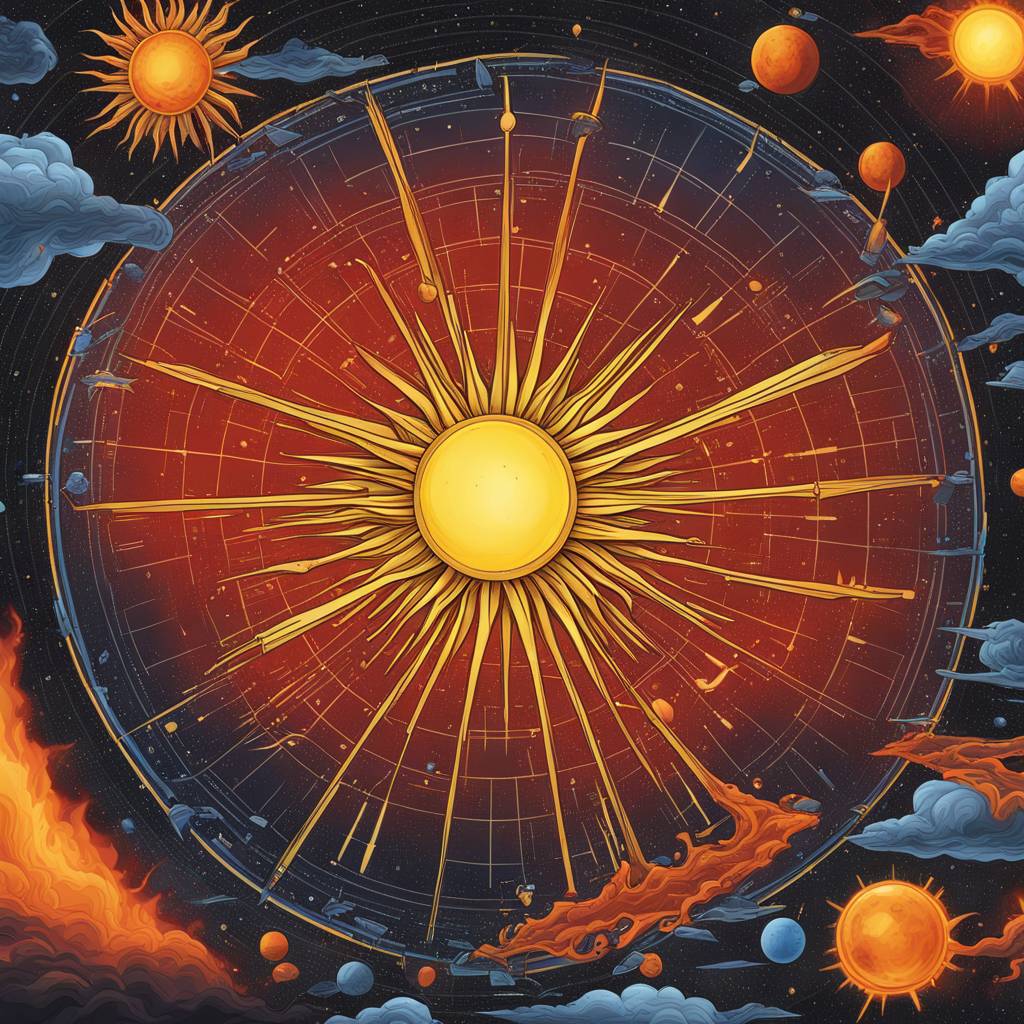Researchers have found that fatal traffic accidents increased during the 2017 total solar eclipse in the United States. A new study published in JAMA Internal Medicine reported a 31 percent rise in fatal collisions during the eclipse and the days surrounding it. The spike in accidents was attributed to an influx of people driving long distances to witness the celestial event. The 2017 eclipse passed from the Pacific Northwest to South Carolina, while the upcoming 2024 eclipse will begin in Texas and move over the Midwest and New England.
During the 2017 eclipse, road traffic fatality rates increased significantly in the days before and after the event. The total eclipse was observed to have caused an average of 10.3 fatal accidents per hour, compared to 7.9 per hour in the weeks leading up to and following the eclipse. These results were not due to the temporary darkness caused by the eclipse itself but rather the increased number of vehicles on the road during that time. The authors of the study are concerned that a similar surge in traffic fatalities could occur during the April 8 eclipse when over 200 million people will be within driving range of the path of totality.
The risky period for accidents was found to be just after the totality, with a 50 percent higher risk than average during those hours. Factors contributing to the increased deaths may include traveling on unfamiliar routes, viewing the eclipse from unsafe roadside locations, and rushing to reach viewing destinations on time. Alcohol and drug use during celebratory events surrounding the eclipse may also play a role. The researchers recommend that motorists practice safe driving habits such as respecting speed limits, minimizing distractions, keeping a safe distance, wearing seatbelts, and avoiding impaired driving to prevent a repeat of the elevated death rate seen in 2017.
In response to the findings, the researchers suggest that clinicians advise patients on safe driving practices to prevent a possible surge in traffic fatalities during the upcoming eclipse. They also call for stakeholders to work towards a transportation system that minimizes crash risks, allows for human error, and optimizes recovery after accidents. These interventions could help reduce eclipse-related fatalities and potentially save lives throughout the year. The study highlights the need for increased awareness and caution among motorists during significant events that draw large numbers of travelers to the roads.


